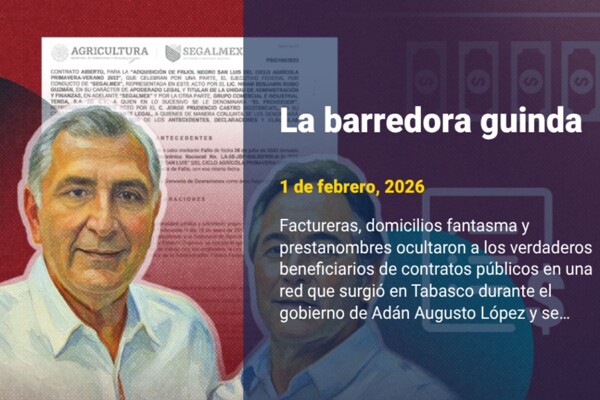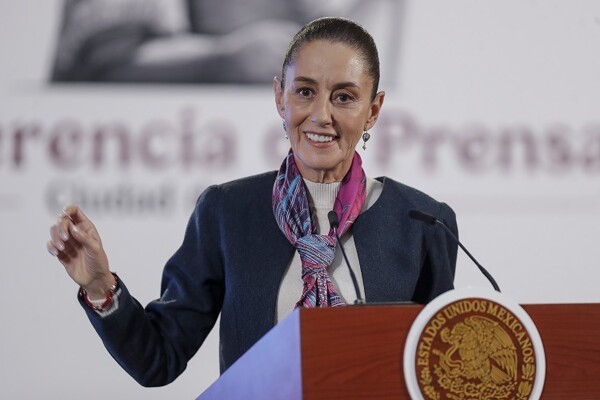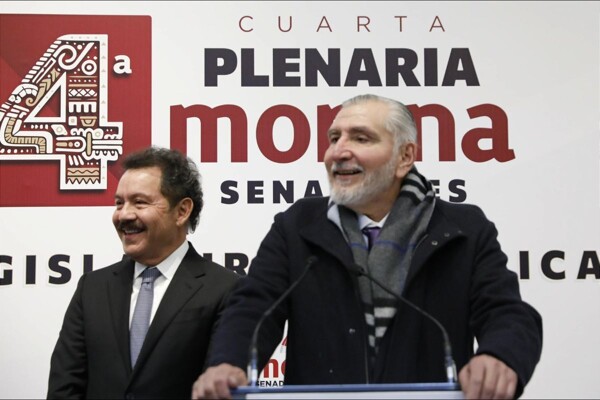
The Accountability and Anti-Corruption researcher from Fundar, Anaid García, warned of a significant setback in the reform regarding transparency and access to information in Mexico. During a public hearing, the Inter-American Commission on Human Rights (IACHR) highlighted the risks of concentrating the guaranteeing function in an agency of the Executive Branch, which could create conflicts of interest and hinder sanctions.
"A system built over decades is being dismantled, and with it, we lose the guarantee of the right to know,” García stated in an interview for 'Aristegui en Vivo'.
The new legislation increases the grounds for reserving information from 13 to 17, limiting access to administrative and judicial records, as well as investigations into public officials. It was criticized that there are restrictions on accessing data about megaprojects such as the Mayan Train, contracts for the purchase of medications, and audits of public resources.
García denounced the speed with which the reform is being processed. The legislative process has been fast-tracked: published on February 21, it was ruled in just seven working days and has already been approved by the Senate.
The new scheme restricts the possibility of presenting constitutional controversies against information reserves, weakening accountability and reducing the legal tools for journalists and organizations to access information relevant to society. Various civil society organizations have warned about the negative impact of the reform.
Since its creation in 2002, the transparency system in Mexico has been fundamental in exposing cases of corruption, misappropriation of resources, and conflicts of interest at various levels of government. According to Fundar, the new restrictions will obstruct access to information about public trusts, the management of extraordinary funds, and human rights resolutions, as well as limit journalistic investigations in critical sectors such as health, education, and security.
Civil society organizations have requested the IACHR to urge the Mexican state to guarantee mechanisms for citizen participation in the implementation of the reform and to reject any setback in transparency. “We cannot allow the right to information to be weakened by political decisions,” García pointed out.
Fundar and other organizations are analyzing possible legal resources to challenge the reform before national and international bodies.














